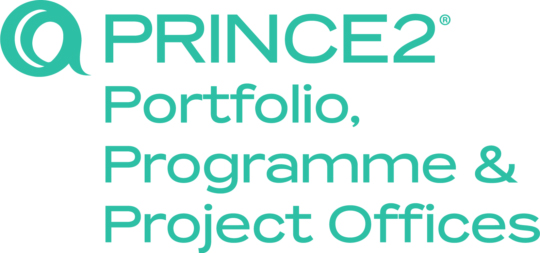It’s funny, isn’t it, how much weight the business case carries and yet, how often it feels like it lands in the PMO’s lap already done, already decided.
Sometimes, it’s a beautifully written document. Other times… not so much. But either way, there it is: the justification for something big. A project. A programme. An entire change initiative. And whether we realise it or not, that document is quietly shaping the future delivery work the PMO will have to support, govern, report on… or rescue.
So maybe it’s time we gave the business case more attention.
 What Is Better Business Cases?
What Is Better Business Cases?
Better Business Cases (BBC) is a structured approach – based on something called the Five Case Model – that’s widely used in the public sector, and increasingly appreciated beyond it. It helps organisations create, review and develop business cases that are actually based on logic and evidence. Not just instinct or optimism.
It’s not a new concept exactly, but it is one that’s often misunderstood. People assume it’s just another template. But the value, I think, is less in the form and more in the thinking. It’s a way of ensuring the right questions are asked early enough: “Does this make strategic sense? Is it affordable? Will it really deliver benefits? And can we actually deliver it?”
Seems obvious. And yet…
Why It Matters to the PMO
Here’s the thing: so many of the issues we end up dealing with in the PMO – unrealistic expectations, unclear benefits, lack of leadership backing, fuzzy objectives – those problems often trace back to a weak or hurried business case.
It’s easy to feel like the business case is someone else’s job. But honestly? If we want to be the grown-up voice in the room – the one asking, is this really the right project? – then we have to understand what a good case looks like. And what a bad one smells like from ten feet away.
In practical terms, that means knowing the Better Business Cases approach. Not necessarily to write the thing, although in some PMOs that’s part of the role – but to review it, test it, shape it. Or sometimes, just to ask the right “have we thought about…?” kind of question.
What’s Actually Involved?
The training itself is quite straightforward – two levels: Foundation (which is the theory) and Practitioner (which is more about applying it).
You learn how the Five Case Model works, what each case (strategic, economic, commercial, financial, and management) needs to cover, and how to walk through the 10-step process. There’s a decent amount of common sense in it, which is refreshing. But also some good discipline – like how to avoid that classic trick of disguising one preferred option as three supposedly different ones. (We’ve all seen that, haven’t we?)
There are also useful tools and checklists – especially if you work in assurance, portfolio review, or benefits management. And for those in public sector PMOs, it’s pretty much essential knowledge. BBC is what departments and agencies are expected to follow. No getting around it.
 But It’s Not Just for Government
But It’s Not Just for Government
Even in private sector or third sector organisations, there’s a lot to gain from this. The Five Case Model is just a smart way of thinking. It doesn’t matter whether you’re building a hospital or launching a new digital product – the principles still hold.
What’s the need? What are our options? What’s the best value? Can we afford it? Can we actually deliver it?
Some organisations have their own version of this kind of thinking. Some don’t. Either way, understanding the BBC approach gives you a language and a lens to work through these questions more clearly and, more importantly, to support others in doing the same.
A Quick Thought from Experience
I remember one PMO colleague who had just done the BBC Practitioner course. A few weeks later, they were sitting in on an investment board, and someone pitched a fairly ambitious change project. Everyone else in the room seemed on board. But they just asked one simple question: “What’s your ‘do minimum’ option here?”
It stopped the room. Because there wasn’t one. And suddenly, the whole discussion shifted – from “how do we deliver this?” to “should we even be doing this at all?” Which, in hindsight, was the far more important question.
That’s the kind of influence this knowledge can give you.
Final Thoughts
If your PMO is trying to move upstream – to have more of a say earlier in the lifecycle – Better Business Cases is worth looking at. Not because it’s the only way to write a business case, but because it gives you a structure for thinking more critically, more commercially, and (dare I say it) more helpfully.
It’s not about saying no to projects. It’s about asking better questions, earlier – so that when the time does come to deliver, you’re building on something solid.
And from a PMO point of view, that’s kind of the whole point.

Find out more about the APMG Better Business Cases™ Foundation Certification and APMG Better Business Cases™ Practitioner Certification qualifications from PMO Learning. Not sure if its right for you, or not sure which level to go for, get in touch, we’re happy to help you find the right option for you.
Enjoying Our Blog?
Sign up and receive all our articles (we’ll send you an update once a week!) plus special offers and events:
*Reference from APMG International Better Business Cases™ | APMG International






